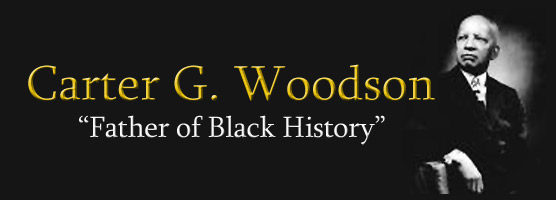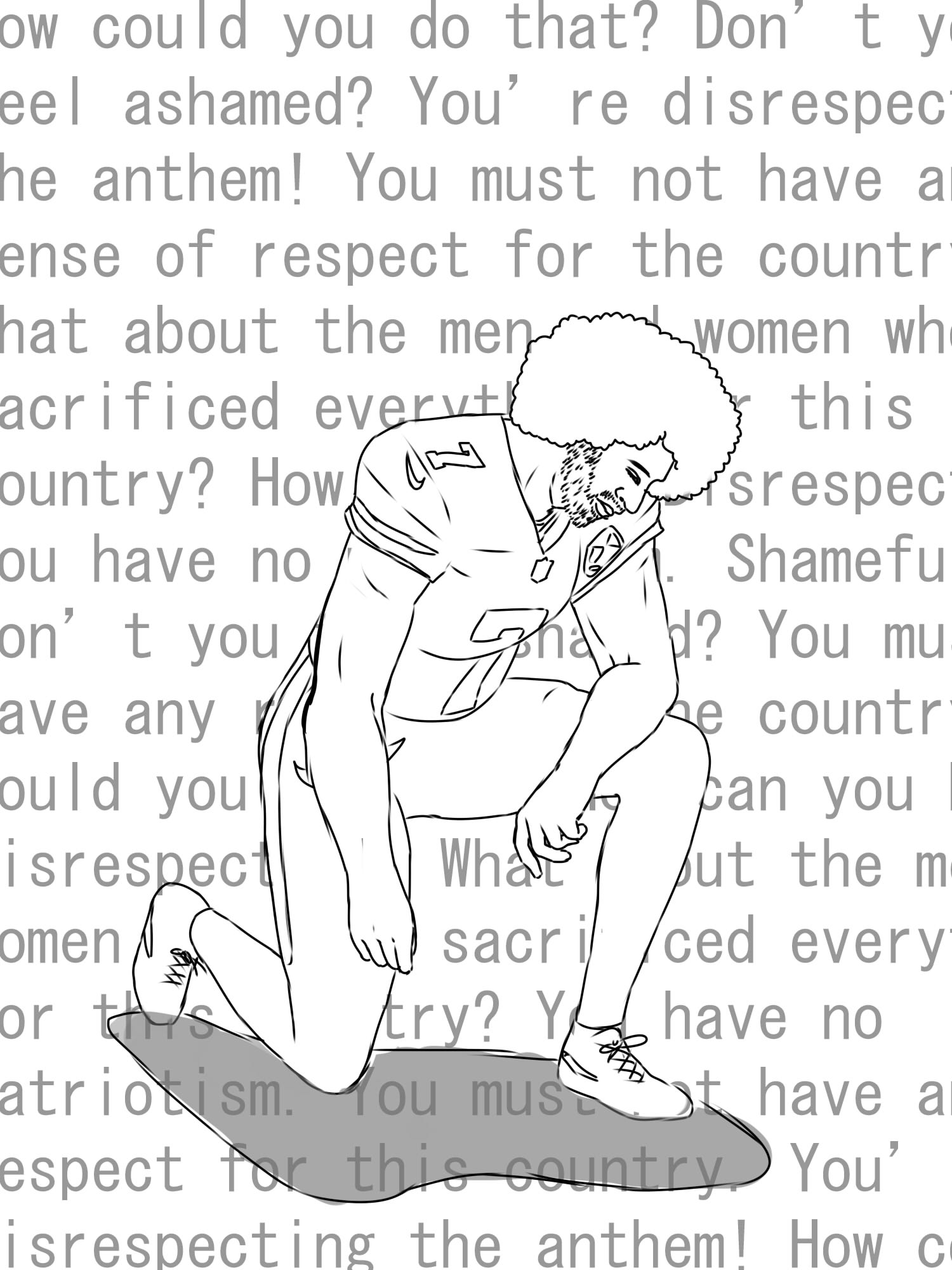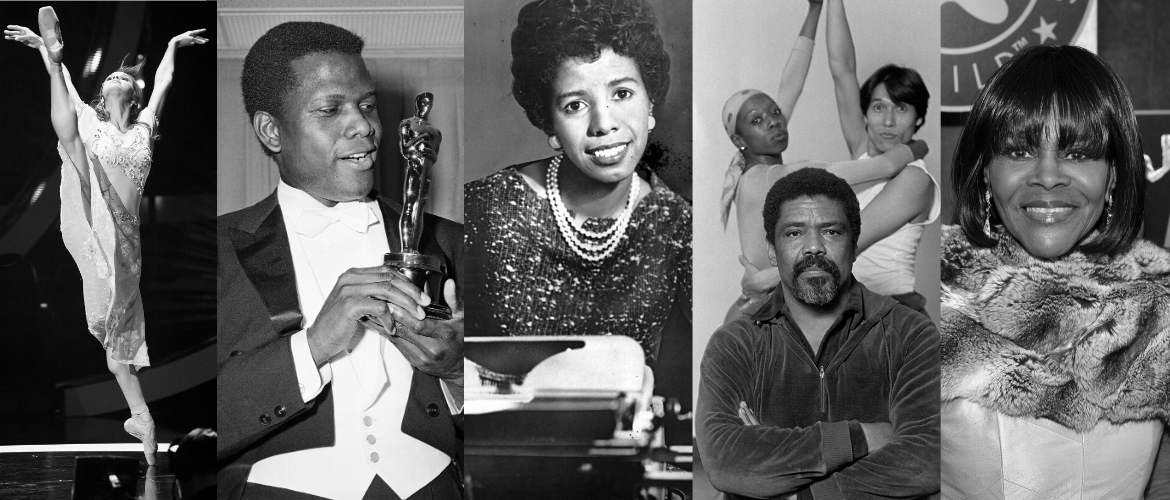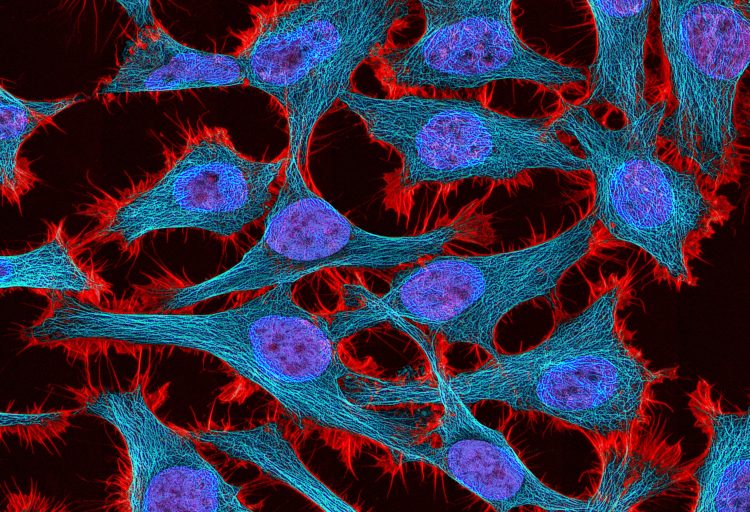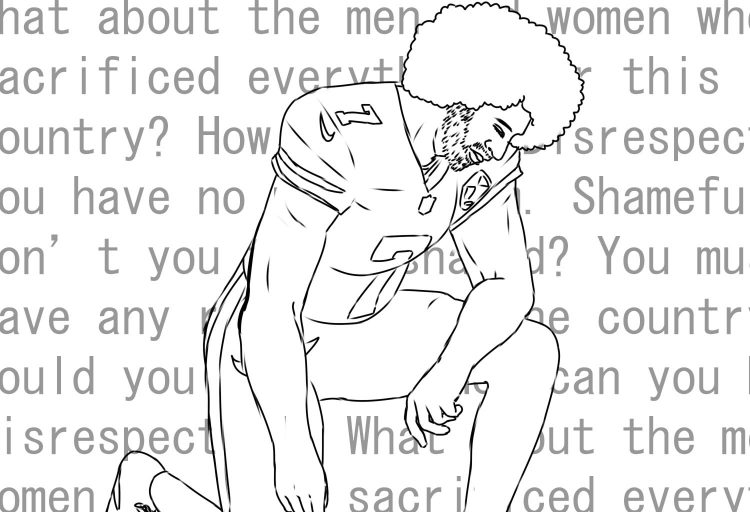The Eagles beat the Patriots, Janet Jackson was appreciated all Sunday thanks to Black Twitter and Black Panther is set to make $150 million on its opening weekend. The wild thing to come out of all this? It is only the first week of Black History Month.
So, how did something that was once known as Negro History Week form into an entire month? It all started with a man named Dr. Carter Godwin Woodson. As one of the first scholars to study African-American History, he believed that Black history, which others have tried so diligently to erase, is a firm foundation for young Black Americans to build on in order to become productive citizens of society. Also, he believed that Black people should be proud of their heritage and that other Americans should also understand it. Keep in mind: this was around the mid-1920s when Black history was only a paragraph in a history textbook.
In 1926, Woodson and Minister Jesse E. Moorland founded the Association for the Study of Negro Life and History (ASNLH) which was an organization dedicated to researching and promoting achievements by Black Americans and other peoples of African descent. It is from this organization that Negro History Week was born. Negro History Week was to be celebrated during the second week of February to honor the birthdays of President Abraham Lincoln (Feb.12) and abolitionist Frederick Douglass (Feb.1818). By the late 1960s, what was once Negro History Week transformed into Black History Month across college campuses, thanks to the Civil Rights movement and the newfound love that Black people found within themselves (i.e. Black is beautiful.)
In 1976, 50 years after Negro History Week was founded, then-President Gerald Ford officially recognized Black History Month, telling the public to “seize the opportunity to honor the too-often neglected accomplishments of Black Americans in every area of endeavor throughout our history.” If Dr. Woodson could see what has become of Black History Month in the 42 years that it has been officially acknowledged, I think he would be proud.
No longer are young Black boys and girls only learning about Dr. Martin Luther King, Jr. and Rosa Parks; they are learning about Lena Waithe of Master of None fame and Sterling K. Brown from This is Us. They are learning about 3 Black women who are the sole reason that the United States made it to the moon. All it took was a man from Virginia who had a dream long before Dr. King did. He believed in Black people in a way that no one else wanted to. He saw that Black excellence long before it was a hashtag on Twitter.
At first it was just five days then it became a month. It might be the shortest month, but it is still the chance for Black excellence to shine. What was once a dream became a reality, and for that, Dr. Woodson, the Black community thanks you and appreciates you for having that dream 92 years ago.

